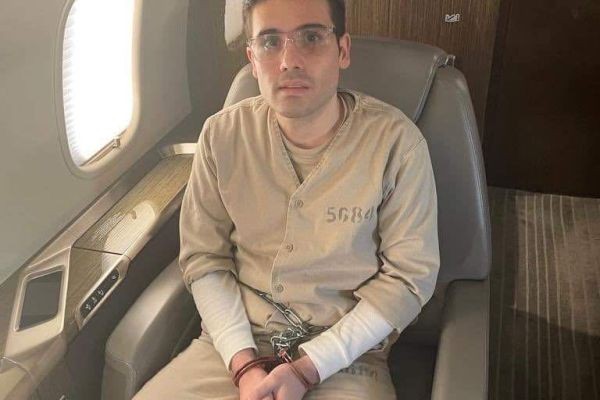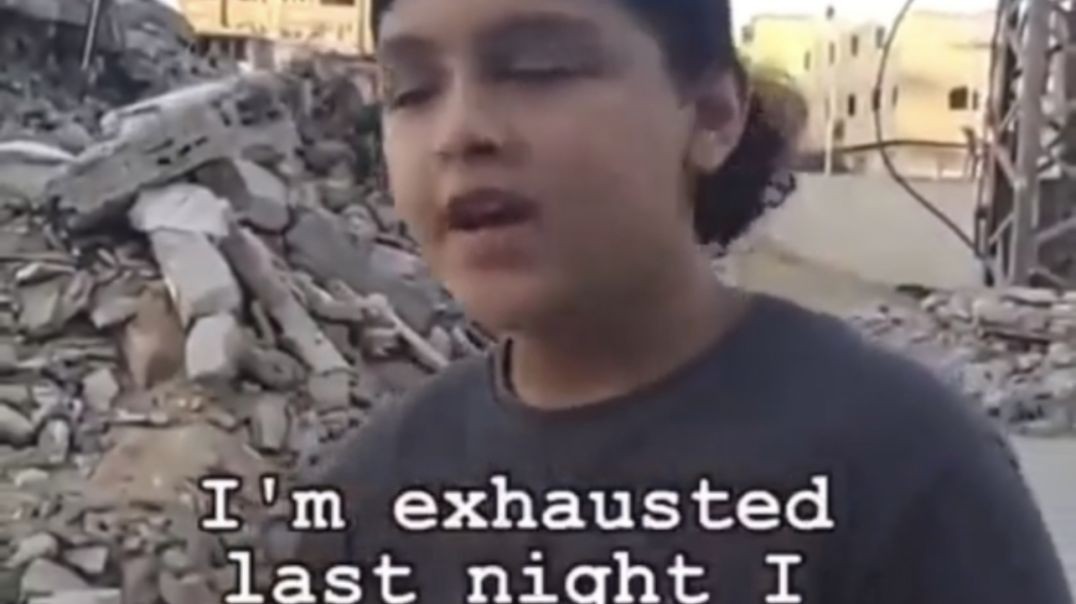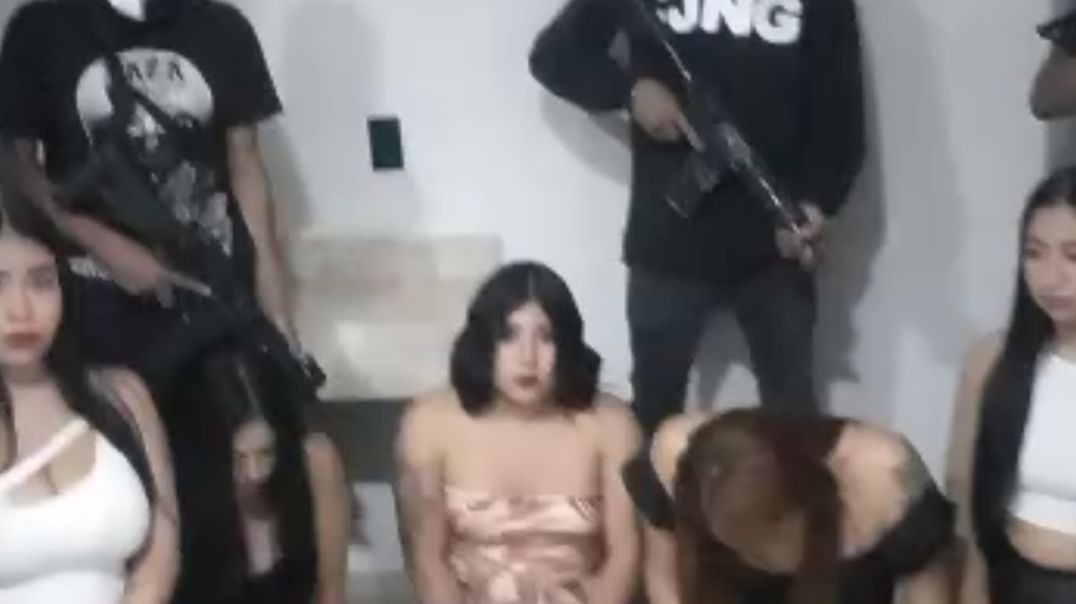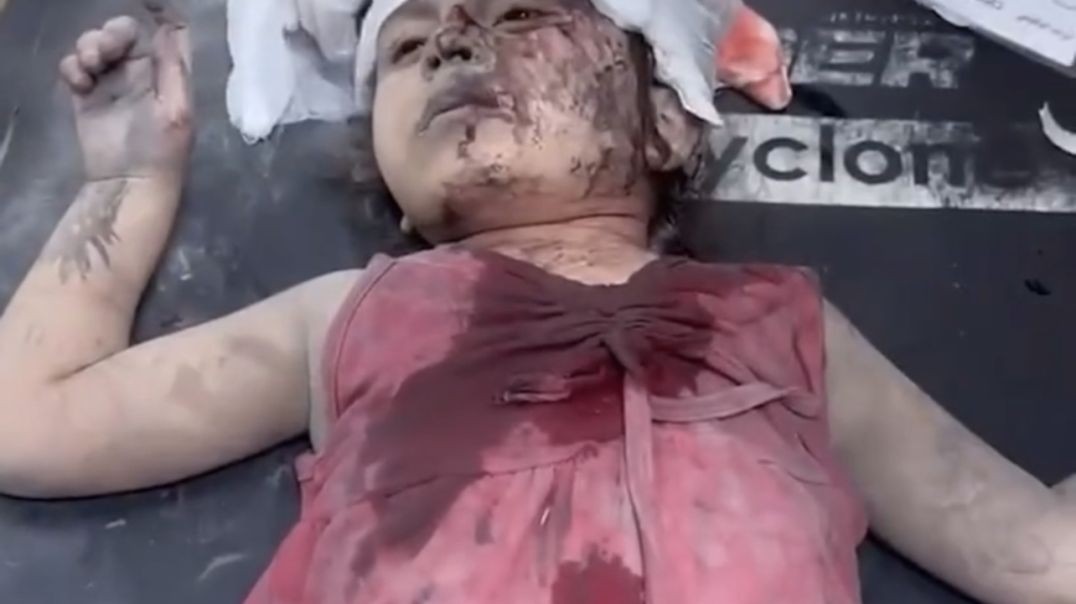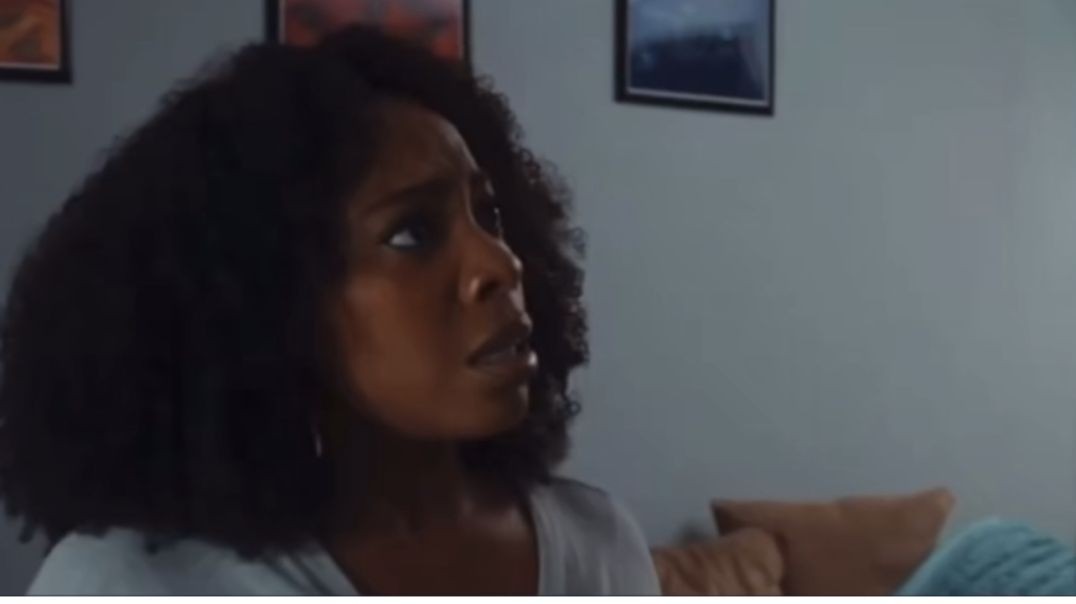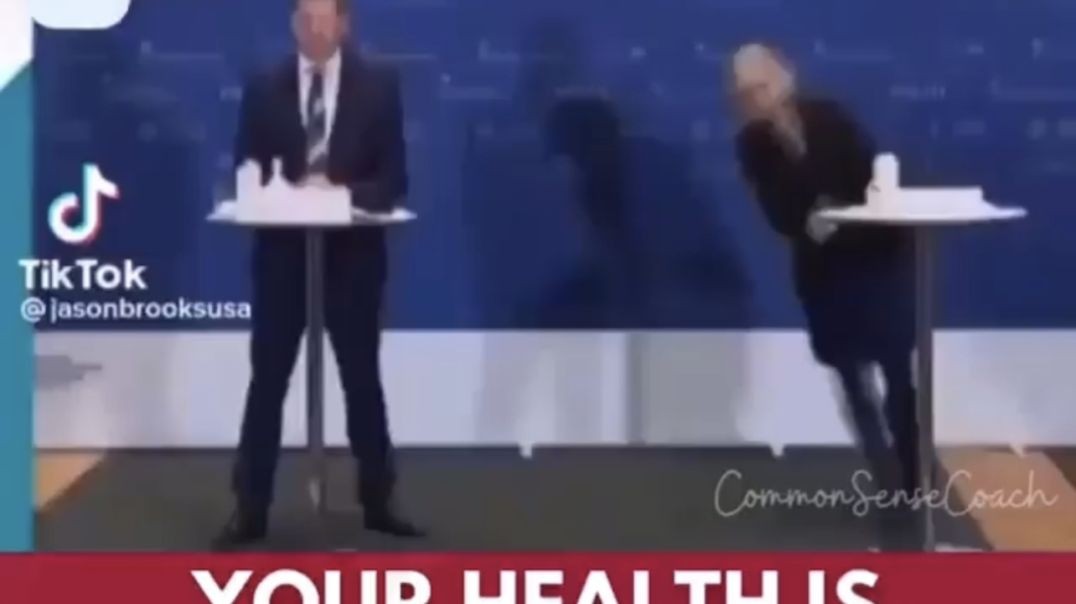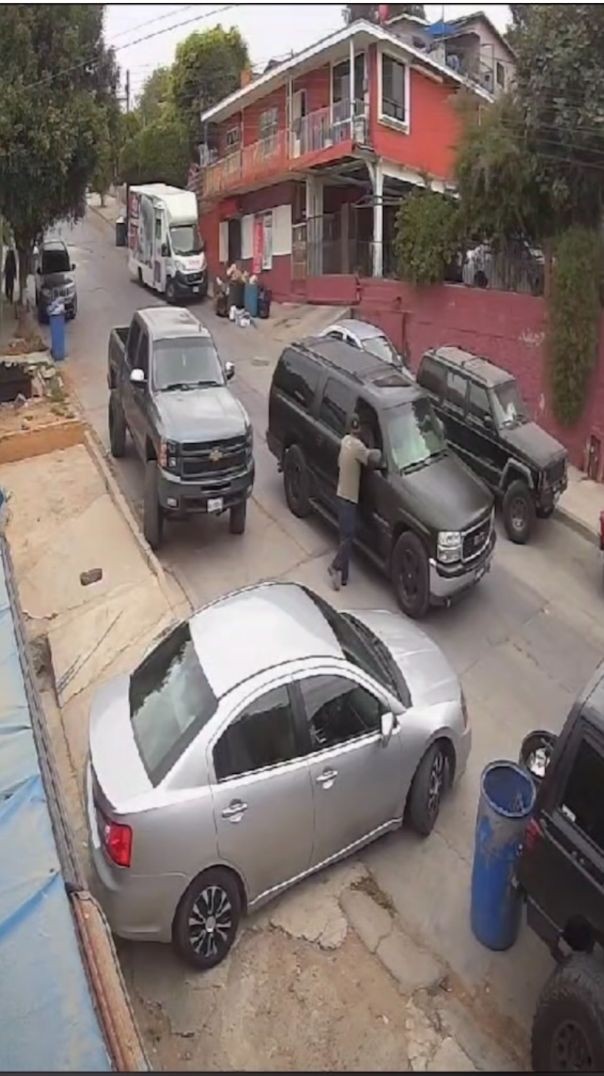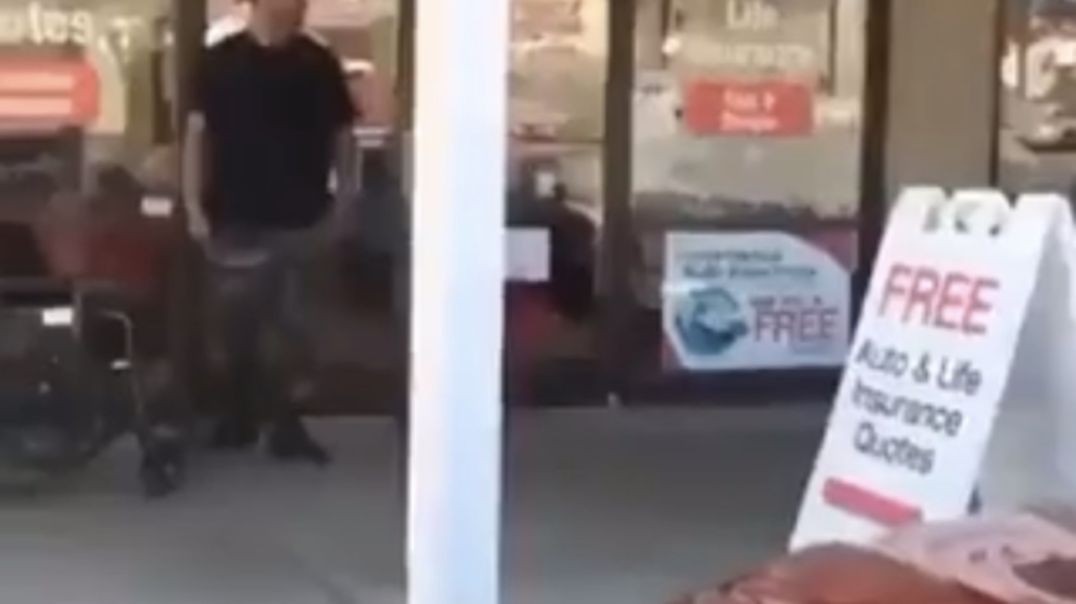The 33-year-old son of the former drug kingpin Joaquín "El Chapo" Guzmán, Ovidio has been extradited to the United States, marking a significant development in the ongoing battle against drug cartels and the opioid crisis.
A Family Legacy:
Ovidio Guzmán is no stranger to a life in the shadows of crime. As the son of Joaquín Guzmán, the once-revered leader of the Sinaloa Cartel, and Griselda López Pérez, Ovidio was raised in a world where drug trafficking and cartel operations were part of his family's legacy. He has siblings, including Ivan Archivaldo Guzmán Salazar, Édgar Guzmán López, and Jesús Alfredo Guzmán Salazar, who have also been linked to the cartel's activities.
The Allegations:
Ovidio Guzmán stands accused of being a key figure in what U.S. Attorney General Merrick Garland has described as "the largest, most violent, and most prolific fentanyl trafficking operation in the world." This operation, allegedly run by Guzmán and his brothers, became prominent after the arrest of their father, El Chapo, in 2016.
His extradition was a high-priority objective for the Biden administration, as the United States sought to curtail the devastating impact of fentanyl on American communities. Extradition was deemed crucial to prevent major traffickers from exploiting lax security in Mexican prisons, either for escape or to continue orchestrating drug operations from behind bars.
A Swift Turn of Events:
The extradition of Ovidio Guzmán took many by surprise, as the process was expected to take another year. Details surrounding the sudden approval and execution of the extradition remain unclear, as U.S. authorities made the announcement on a day when much of Mexico celebrated Independence Day. There has been no immediate comment from senior Mexican officials.
In a statement, Attorney General Garland praised the collaboration between U.S. and Mexican authorities, acknowledging those who "have given their lives in the pursuit of justice."
The Extradition Process:
The extradition of Ovidio Guzmán has been a complex process marked by high-stakes maneuvering between U.S. and Mexican authorities. It took place following formal U.S. requests made in February of the same year. Guzmán faces a litany of charges in the United States, including trafficking substantial quantities of marijuana, cocaine, and methamphetamine. Notably, he is also implicated in the distribution of fentanyl, a synthetic opioid responsible for a significant portion of the opioid crisis in the United States.
His indictment, although formulated in July 2017, remained classified until January 2019. During this period, the Mexican military detained Guzmán for the first time in an event that would later be referred to as the "Culiacanazo." The Sinaloa Cartel unleashed chaos in the streets of Culiacán, pressuring authorities to secure his release. To avoid further escalation, Mexican President Andrés Manuel López Obrador ordered his liberation.
The Pursuit and Capture:
Following the dramatic events of 2019, a coordinated effort between U.S. and Mexican forces persisted for months to locate and capture Ovidio Guzmán once more. The second operation, conducted in January of the current year, was brutal and marked by violence. Official reports documented the deaths of 29 individuals, including 10 soldiers. Culiacán, particularly the Jesús María district, became a battleground for hours.
Despite the chaotic scenes, this time the Mexican military successfully extracted Guzmán López from Sinaloa and transferred him to Mexico City. From that point forward, his defense sought, albeit unsuccessfully, to halt the extradition to the United States.
Sinaloa Cartel and the Opioid Epidemic:
The U.S. Department of State asserts that the Sinaloa Cartel, which Ovidio Guzmán is associated with, exerts significant control over drug trafficking activities in key Mexican regions, particularly along the Pacific coast. The cartel strategically introduces substantial quantities of illicit drugs, including the deadly fentanyl, heroin, and methamphetamine, into the United States.
Within the cartel, there are two factions. One is led by Ismael "El Mayo" Zambada, and the other, known as "Los Chapitos," is led by Ovidio's older brothers, Ivan Archivaldo Guzmán Salazar and Jesús Alfredo Guzmán Salazar, alongside their half-brother Joaquín Guzmán López. Ovidio actively worked alongside his brothers until his apprehension.
All four sons of "El Chapo" face drug trafficking charges in various U.S. jurisdictions. They have been prosecuted for narcotics-related offenses in Illinois, California, Columbia, and New York. In 2021, U.S. authorities estimated that "Los Chapitos" owned 11 methamphetamine laboratories in Sinaloa, collectively producing between 1,300 to 2,200 kilograms of the drug monthly. While it's yet to be confirmed, the reference by Garland to the opioid epidemic suggests that they may also face charges related to fentanyl distribution.
Conclusion:
The extradition of Ovidio Guzmán to the United States signifies a pivotal moment in the fight against drug cartels and the opioid crisis. It underscores the cooperation between U.S. and Mexican authorities and their commitment to pursuing justice, even in the face of formidable criminal organizations. As this case unfolds, it serves as a stark reminder of the ongoing challenges posed by drug trafficking and the critical need for international collaboration to combat this scourge.
By Author: AI
Exclusively for CartelVideo

